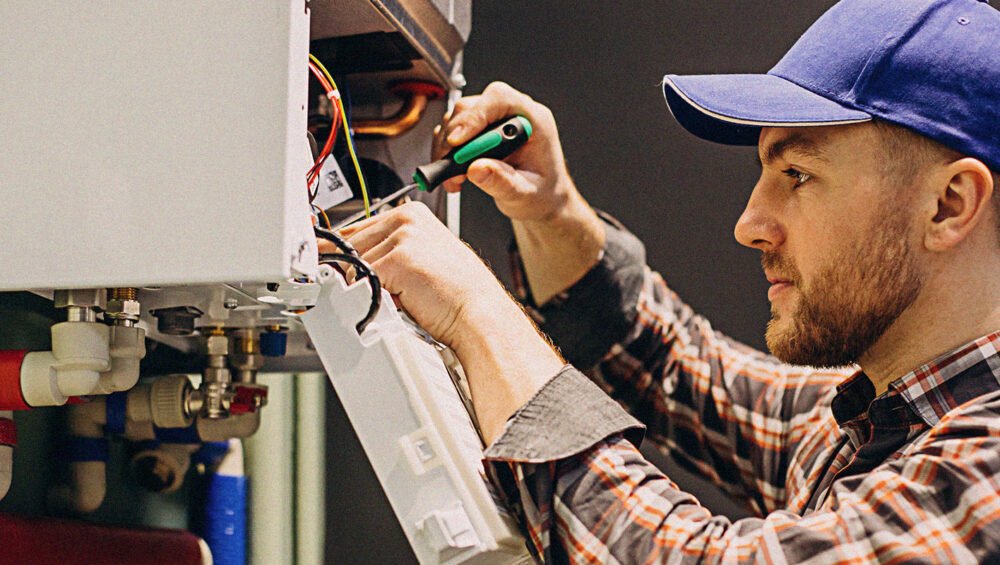HVAC systems are complex, and over time, they can develop a variety of issues that can affect their performance. One of the most common problems homeowners face is clogged or dirty air filters. Filters trap dust, dirt, and debris, and when they become clogged, airflow is restricted. This not only reduces the system’s efficiency but can also lead to higher energy bills. Regularly checking and replacing your filters every 1-3 months is a simple yet effective way to prevent this issue.
Another frequent issue is refrigerant leaks. If your HVAC system is not cooling your home properly or seems to be working harder than usual, a refrigerant leak could be the culprit. Low refrigerant levels can cause the system to run longer, which increases wear and tear. It’s essential to have a professional check refrigerant levels and repair leaks, as refrigerants can be harmful if handled incorrectly.
Thermostat malfunctions are also a common cause of HVAC problems. Sometimes, the thermostat may fail to maintain the set temperature, or the system may not turn on at all. If your HVAC system isn’t responding to your thermostat settings, try replacing the batteries or recalibrating the device. Also, ensure that it’s installed in a location where it can get an accurate temperature reading, away from direct sunlight or drafts.
Strange noises coming from your HVAC system, such as banging, rattling, or squealing, often indicate a mechanical problem. These sounds could be caused by loose or worn-out components, such as belts or bearings. It’s essential to address these noises as soon as possible, as ignoring them could lead to more severe damage or system failure. Checking for loose parts and scheduling regular inspections can help prevent costly repairs.
Short cycling, where the HVAC system turns on and off too frequently, is another common issue. This can occur due to a variety of reasons, including an oversized system, a malfunctioning thermostat, or a clogged air filter. Short cycling not only reduces the system’s efficiency but also increases energy consumption. Ensuring proper system sizing and regular maintenance can help prevent this problem.
While many HVAC issues can be resolved with basic troubleshooting, others require the expertise of a professional technician. Electrical issues, refrigerant leaks, or motor failures are complex problems that should be addressed by a trained HVAC specialist. Knowing when to handle minor repairs yourself and when to call in a professional can help you maintain a reliable, efficient system for years to come.

